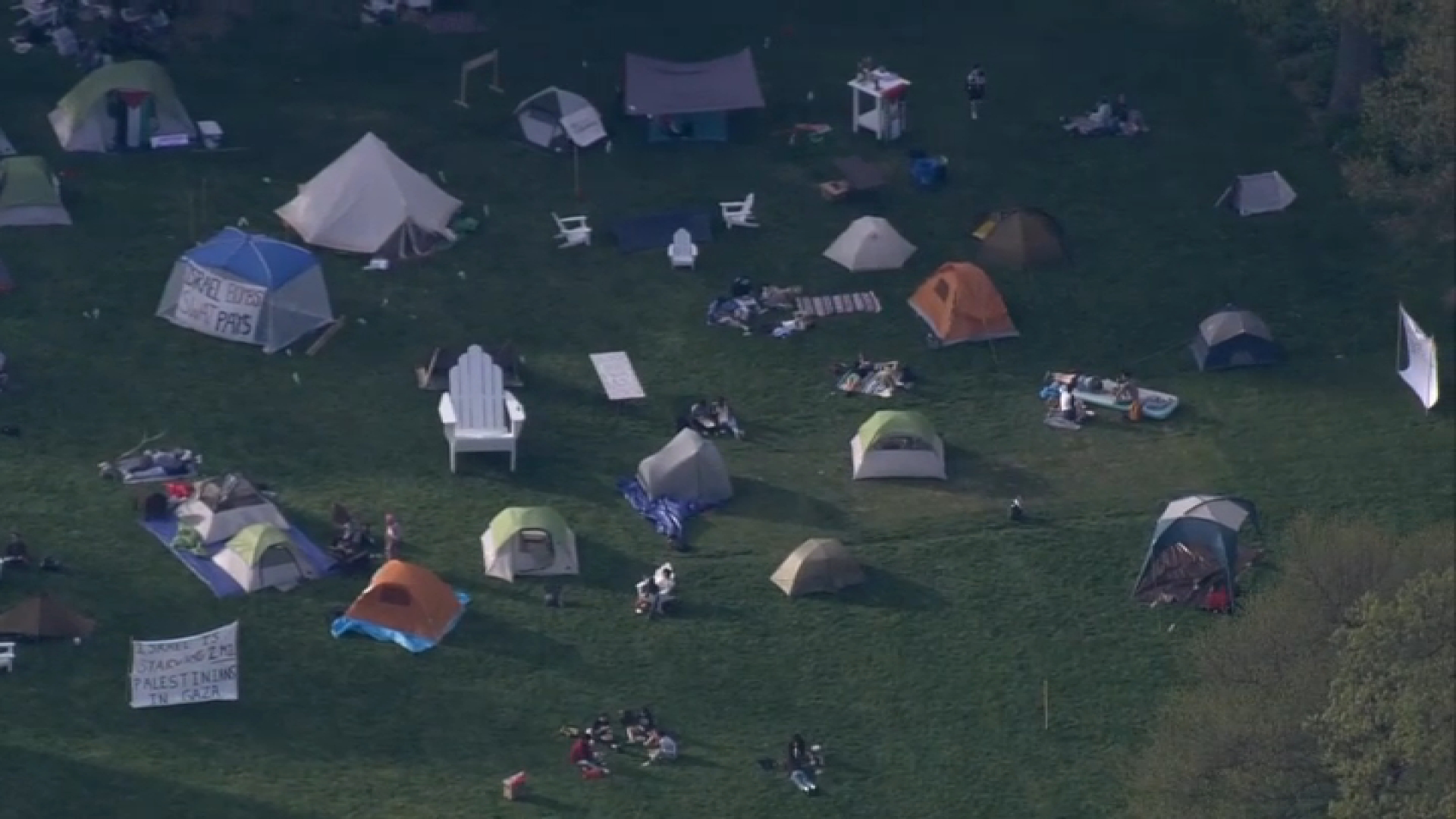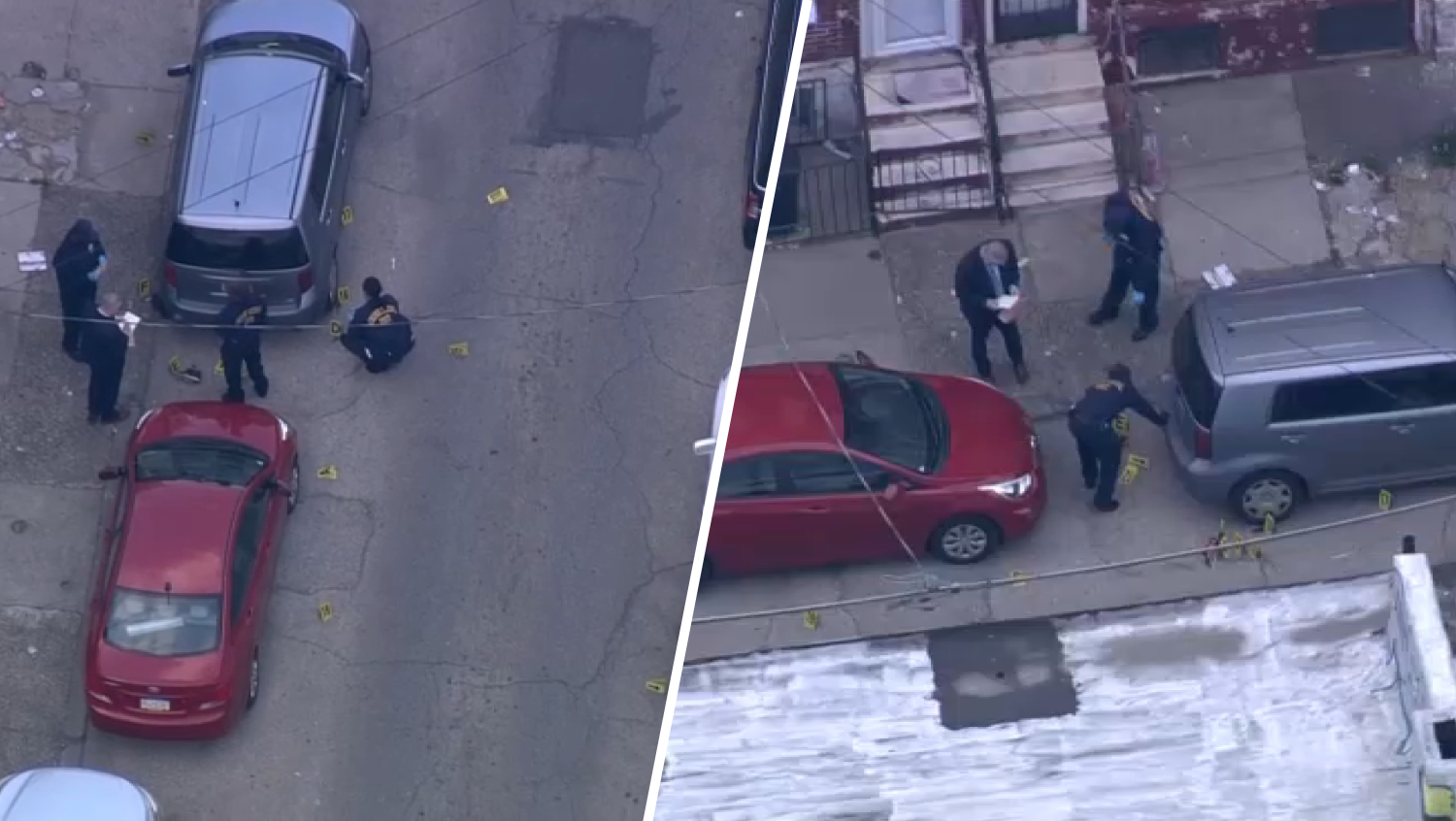Horseshoe crabs have roamed the shores for more than 400 million years. But lately, they're in need of a hand from a few helpful humans.
Instinctively, these living fossils travel to flat sandy beaches to mate and lay eggs before traveling back into the sea.
Each year, tens of thousands of horseshoe crabs get stuck or turned upside-down on man-made structures or human-caused debris leaving them stranded on shore. At least 10 percent of the stranded crabs will not survive.
Hoping to avoid a die-off, reTURN the Favor, a New Jersey-sanctioned program, gathers volunteers to comb the shores of the Delaware Bay to flip over stranded crabs.
“We say 'return the favor' because we have a lot to owe to horseshoe crabs," Adrianna Zito-Livingston from the Nature Conservancy said, "We have learned a lot scientifically from horseshoe crabs."
Horseshoe crabs play a huge role in the Delaware Bay’s ecosystem. Their eggs are a nutrition source for seagulls, fish, and shorebirds including the endangered Red Knot birds.
According to the National Aquarium, their unique, copper-based blue blood is used in the pharmaceutical industry. The crabs’ blood contains Limulus Amoebocyte Lysate, or LAL, that is used to ensure injections, vaccines, and surgical implants are sterile and safe for human contact.
Local
Breaking news and the stories that matter to your neighborhood.
These prehistoric creatures also serve as bait for fisheries to catch for eels and whelk.
Since the program started in 2013, reTURN the Favor has saved more than 360,000 horseshoe crabs.
"Even though it's not our species, I feel like I'm still saving a life," said 11-year-old volunteer, Lennon O'Donnell.



